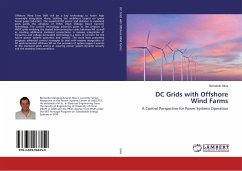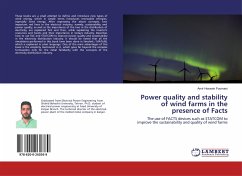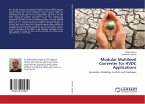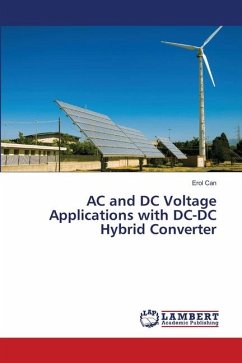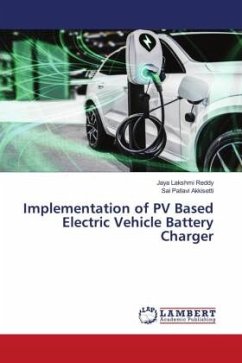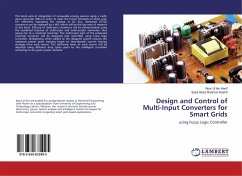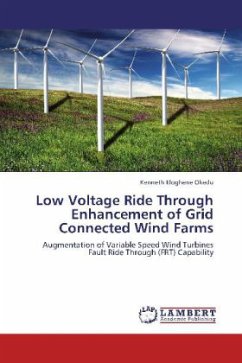Offshore Wind Farm (WF) will be a key technology to foster high renewable integration share, tackling the ambitious targets on green house gases reduction. The expected WF power and distance to mainland grids justify the adoption of HVDC (High Voltage Direct Current) technology. The current technology advances point to the creation of HVDC grids enabling the shared interconnection costs between WF as well as creating additional mainland connections. A massive integration of frequency and voltage decoupled technology is a topic of concern for the future power systems operation and control. The work here presented proposes advanced control strategies to deal with massive integration of DC grid-connected offshore WF on the provision of system support services to the mainland grids aiming at assuring power system dynamic security and the seamless interconnection.
Bitte wählen Sie Ihr Anliegen aus.
Rechnungen
Retourenschein anfordern
Bestellstatus
Storno

